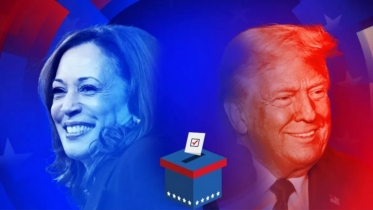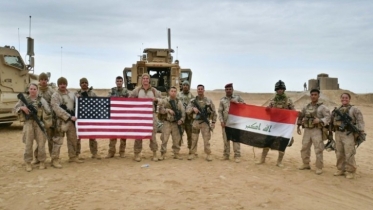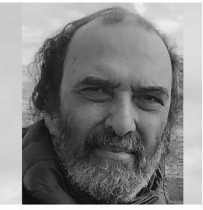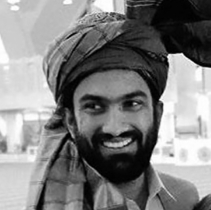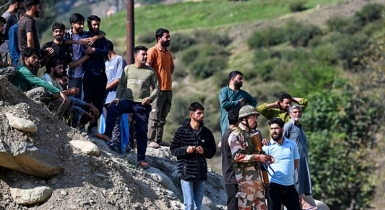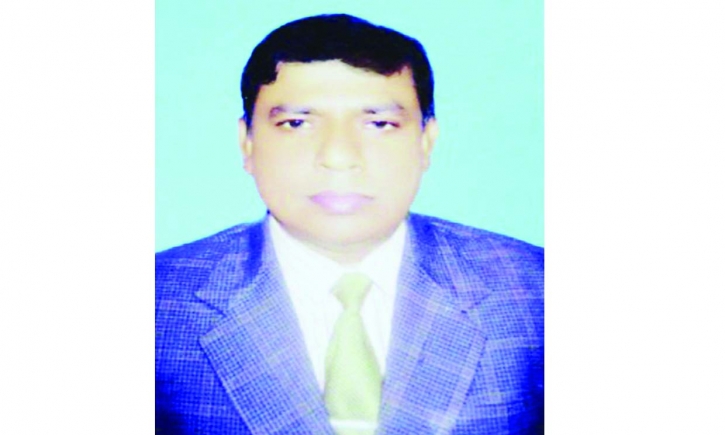
On this day in 1971, Bangabandhu Sheikh Mujibur Rahman delivered the message of liberation to the freedom loving Bengali nation The ultimate result of that speech of March 7 is the independence of Bangladesh Even in 50 years, the appeal of that 18-minute speech has not lessened. This speech of Bangabandhu has been translated into many languages. On October 30, 2017 the speech was recognized as a World Heritage Site by the United Nations Educational, Scientific and Cultural Organization (UNESCO).
One of the major features of Bangabandhu's March 7th speech was its universality and humanity. This speech is always appealing to any oppressed nation. This speech speaks of democracy, self-determination, freedom, humanity and this speech has become universal beyond the boundaries of country and time. The outstanding characteristics of this speech is it was an extempore and unwritten speech in which he directed the dreams, struggles and future of a nation in a short time without any repetition. It was full of egotism as if he were the only and number one leader of the nation. At the very beginning of the speech, Bangabandhu reminded the people that we are being deprived of our rights. He described the history of the nation of 23 years of Pakistani regime in one sentence. He pointed at Language Movement of 1952, Jukata Front Election of 1954, imposing Martial Law by General Ayub Khan in 1958, six point Movement of 1966, Mass Movement of 1969 and election of 1970 and its aftereffects. As a result, this speech became a mirror of a nation's expectation. This speech has inspired a nation to jump into the war of liberation. Even during the liberation war, this speech provided inspiration and even after all these years, people still listen to his speech. On this day in 1971, Bangabandhu Sheikh Mujibur Rahman preached the message of liberation to the freedom loving Bengali nation. On this day, at the Racecourse Maidan in Dhaka (now Suhrawardy Udyan), the great leader thunderously declared, "This time the struggle is for our liberation, this time the struggle is for freedom." InshaAllah! ". Prior to this declaration, he gave a chance to the Pakistani generals and gave them four conditions to mitigate the confrontation like a competent statesman. Four conditions for Pakistan government were -1. Immediate withdrawal of military 2. government have to revoke the army 3. have to investigate the massacre and 4. have to handover the power to people's representatives who are elected by vote. Another significance of the speech is that Bangabandhu did not abruptly declared the independence of Bangladesh. He was not in a hurry to throw the peaceful nation into a bloody war. Instead, he directed the nation to accelerate the movement step by step. And for this he declared ten directives in his speech. They are- 1. Stop paying tax and revenues until Bangla becomes independent 2. Enforce general strike in all government offices and courts 3. Continue operating all vehicles, but don't use these to oppress people 4. Mass media will carry out full description of our speech and do not hide any update of the mass protest. If any obstacle is made, all Bengalis, who are working in this sector, will stop working 5. Only local and inter-district telephone communication will continue 6. All education institutions will remain shut down.7. Hoist black flag at every house 8. Keep the banks open for two hours daily but do not let anyone send money to West Pakistan 9. General strike for other sectors has been withdrawn today. But it will be enforced if circumstances demand. 10. Form Sangram Parishad across the country under local Awami League.
The speech that has taken place in the history of the world is not that there is no controversy about the speech. Many critics think that Bangabandhu should have declared the independence of Bangladesh on that day but he did not. He emphasized the need to focus on reconciliation, and said that it was even more important now with the independence of Pakistan. If Bhutto Yahya had accepted the four conditions he had given in this speech, the country would not have become independent and the state called Bangladesh would not have been born. However, many argue that if Bangabandhu had declared independence on that day, the Pakistani military government would have carried out a massive massacre at the racecourse park. Bangabandhu wisely avoided that situation. However, it must be said that Bangabandhu, with his political prudence, wanted to avoid the horrors of war. He knew that war not only caused loss of life and property, but also caused extreme humanitarian catastrophe and was the ultimate obstacle to the development of human civilization.
The Prime Minister said many may know the background of the March 7 speech. At that time many people gave a lot of advice. Many scholars have written speeches. Our student leaders, many of whom were no longer with us, said that independence must be declared now, or the nation would be disappointed. But the father of the nation knew when to take action. Although he did not declare independence directly on that day, Bangabandhu's declaration was a directive to prepare the people for the war of independence.
Why did Bangabandhu have to make such a tactical announcement? Highlighting the context, Sheikh Hasina said, "The situation at that time, we received a lot of news as a member of the family of the father of the nation, which is known to outsiders. At that time Pakistanis were fully prepared. Their warplanes were ready, helicopters were ready. According to what he will say in his speech on March 7, the Pakistanis had an action plan ready. Just as the movement was halted during the British rule with the brutal massacre at Jallianwala Bagh, so was the preparation. Sheikh Hasina said that Bangamata Sheikh Fazilatunnesa Mujib also has a big role in this regard. He said, "When there was a lot of discussion about what Bangabandhu would say in his speech on March 7, my mother played the biggest role in that crisis." I have seen my mother at various junctures, she could have made the right decision at the right time. In the Agartala case, when pressure was being exerted on Pakistanis as well as party leaders to release Bangabandhu on parole, my mother said: The case must be withdrawn. You will go as a free man, not on parole. During the speech on March 7, my mother also said: You have fought for people all your life. You know best what to say. Say what you have in mind. Bangabandhu did accordingly.
The writer is an assistant professor of English of Narail Abdul Hye City College and Narail district correspondent of The South Asian Times

